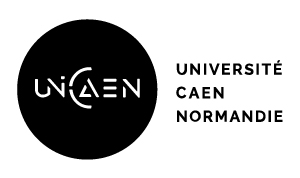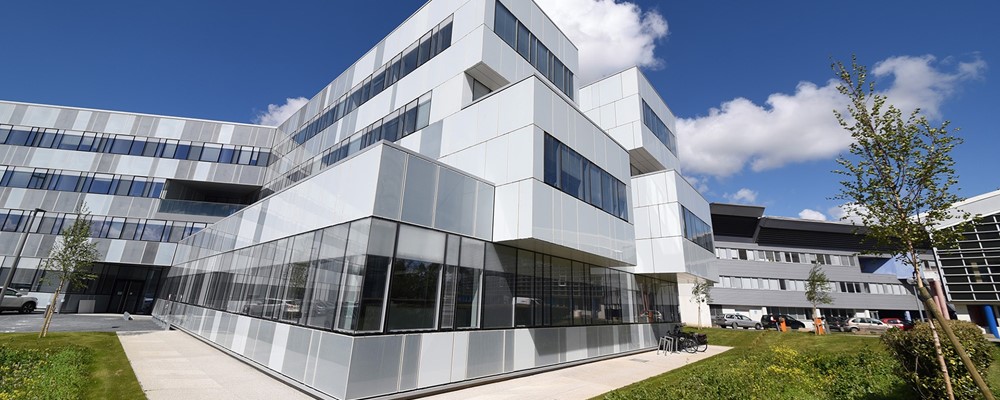The University of Caen Normandy has 41 research units, including 21 of which are accredited by major organisations (CNRS, INRAE, INSERM, CEA).
GREYC
The GREYC laboratory conducts research in digital sciences. The laboratory is made up of 180 members and seven research teams, including university research professors from ENSICAEN and The University of Caen Normandy, CNRS researchers, PhD students, and administrative and technical staff. Studies cover both fundamental and methodological aspects—modeling, new concepts—as well as practical implementations: application and software platform development, and the design and production of electronic devices.
GREYC’s fields of expertise include algorithm modeling and analysis, cybersecurity, decision support and data mining, artificial intelligence, image, text, and composite document processing and analysis, microelectronics, instrumentation, and sensors.
COMETE
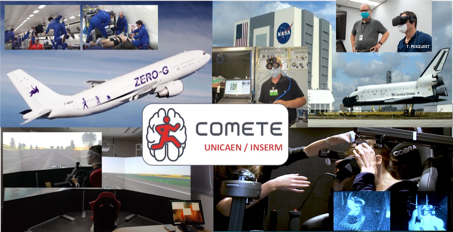
COMETE is a mixed research unit (UMR-S 1075) focused on developing methodologies and technologies for health through the study of fundamental neurophysiological processes involved in mobility and cognition. COMETE consists of researchers from diverse and complementary scientific fields, including neuroscience, sports science (STAPS), medicine, pharmacy and psychology.
The combination of these expertise enables both fundamental and applied research, covering studies on both humans and animals.
MRSH
MRSH – Humanities Research Centre
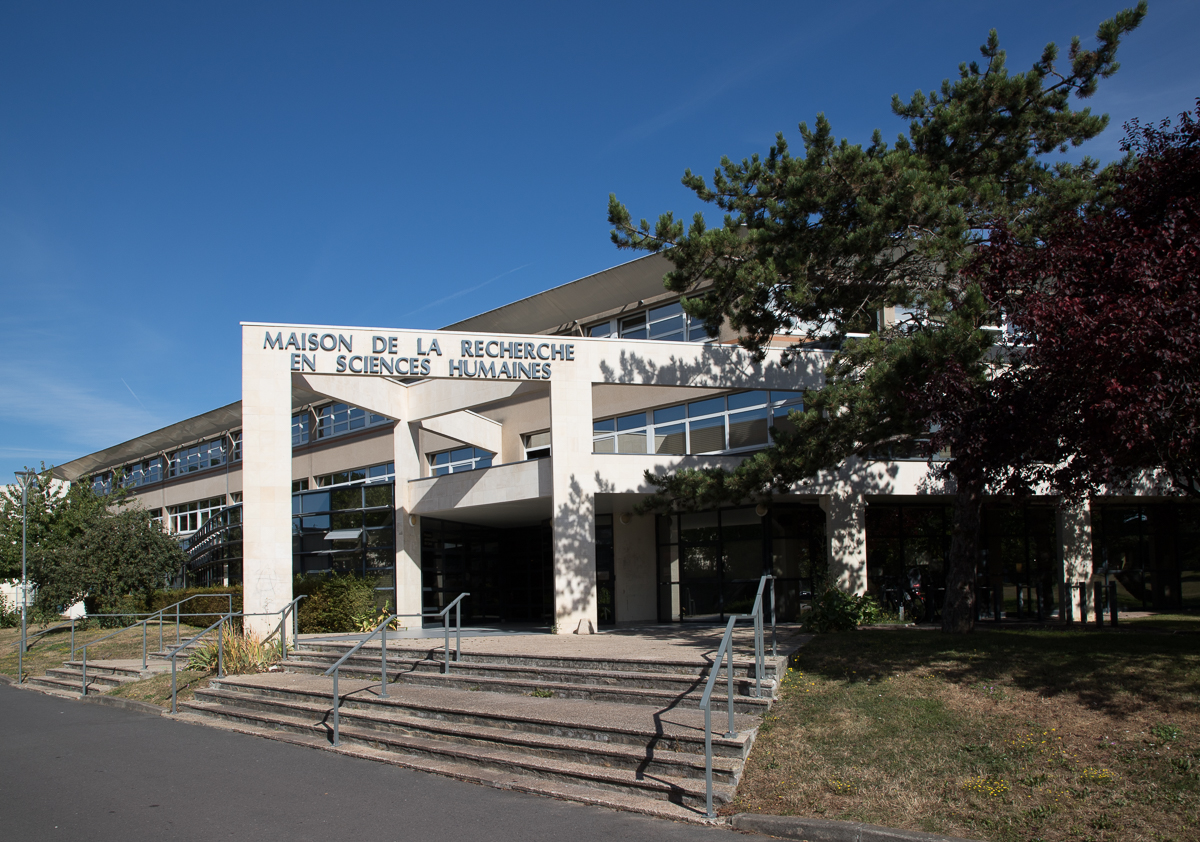
The Humanities Research Centre is one of the three key research centres at the University of Caen. the MRSH supports 500 research professors and engineers and 18 teams in the field of humanities and social sciences (SHS). As a doctoral hub, it assists PhD students and young researchers. With four doctoral schools in humanities and social sciences hosting 500 PhD students—50 of whom are permanently present throughout their thesis—the MRSH is one of the largest research centres in France.
CIREVE
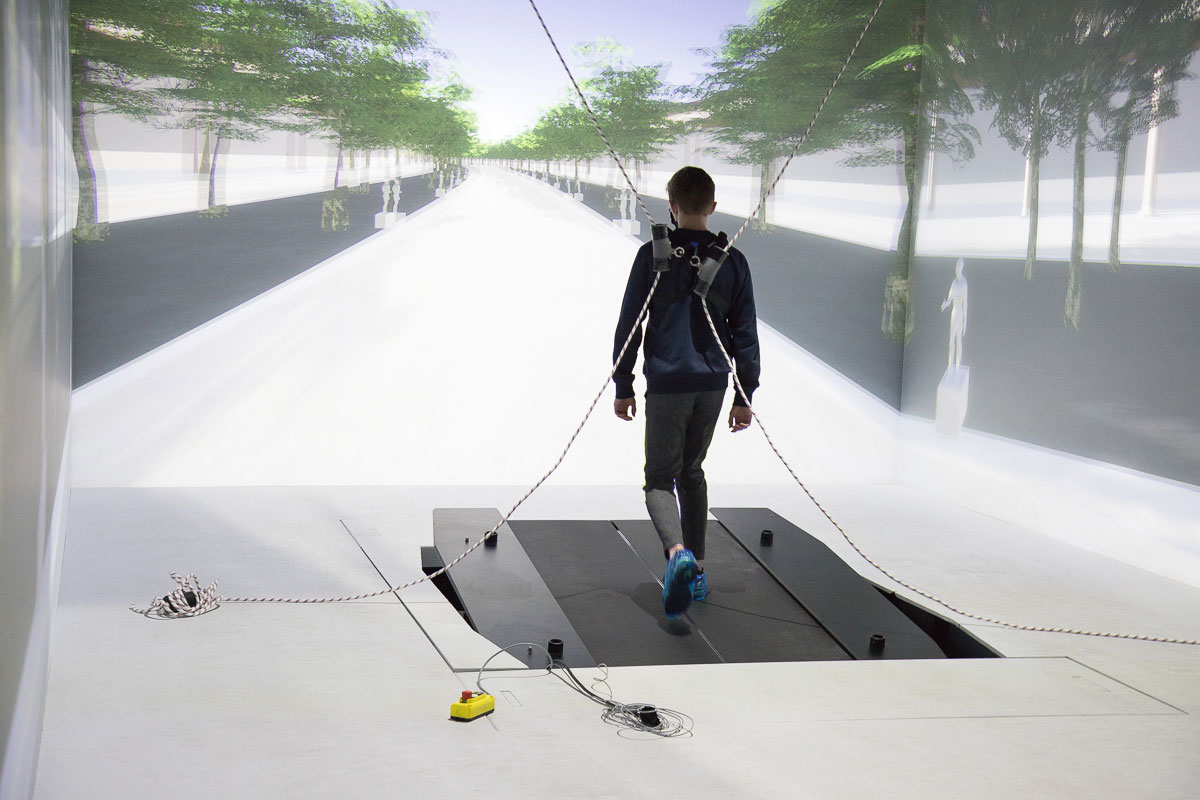
LThe Interdisciplinary Centre for Virtual Reality (CIREVE) is a technical platform of The University of Caen Normandy, linked to the Faculty of Humanities and Social Sciences (HSS). It originates from virtual reality activities conducted since 1994, particularly the reconstruction of ancient Rome (initially part of the “Plan de Rome” team, now integrated into the Research Team on Literature, Imaginaries, and Societies—ERLIS, UR 4254).
Main missions include:
- Pooling virtual reality equipment (clusters, projectors, screens, interfaces, etc.).
- Sharing expertise and organising training.
- Promoting and supporting the use of virtual reality in research in humanities, social sciences, exact sciences, and experimental sciences.
CIREVE is part of the Consortium 3DHN within CNRS's “HumaNum” research infrastructure. Its virtual reality room is labeled “Normandy Living Lab” by the TES Pole (E-secure & Digital innovation) competitiveness cluster and the Seine Axis cluster.
ICREJ

Bringing together about fifty research professors and twenty PhD students from The University of Caen Normandy, the Caen Institute for Legal Research (ICREJ) focuses on fundamental and applied legal research, primarily in four areas:
- Vulnerability and fundamental rights
- Litigation—private and public, domestic, comparative, and international
- Law, science, and digital technology
This research axis covers two themes: science (health law, bioethics, and digital law, both independently) as well as interactions between science and digital.
- Historical changes and contemporary developments in law
CRAHAM
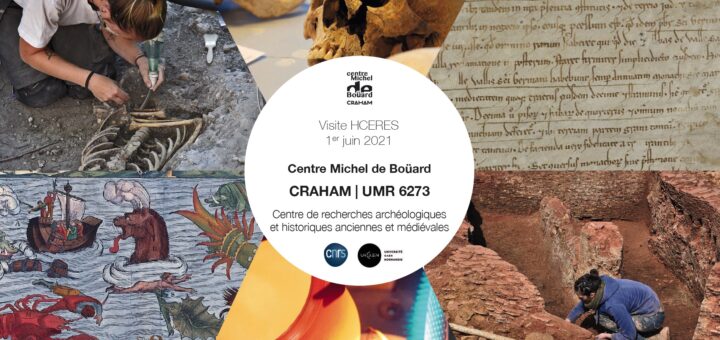
Le Centre de recherches archéologiques et historiques anciennes et médiévales (CRAHAM) est un laboratoire d’archéologie médiévale qui dispose de savoThe Centre for Ancient and Medieval Archaeological and Historical Research (CRAHAM) is a medieval archaeology laboratory with expertise in various fields:
- Study of ancient textual sources
- Field and laboratory archaeology
- Paleoanthropology
- Numismatics
- Archaeomatics (data processing, Geographic Information Systems – GIS)
CRAHAM is deeply involved in digital humanities, collaborating closely with The University of Caen Normandy MRSH’s Digital Document Hub.
IDEES

IDEES is a multidisciplinary research laboratory (with sites in Caen, Le Havre, and Rouen) in the humanities and social sciences, playing a major role in regional, national, and international scientific landscapes. This laboratory excels in:
- International research on key themes (spatial modeling and geosimulation; mobility and transport; health and risks; ICT (Information & Communications Technology) and development; metropolises and global restructuring).
- Conceptual and methodological transfers using complexity sciences (geosimulation and GIS platform), integrating expert and stakeholder speech to address social demand on core research topics.
- Coordinating social sciences research across Normandy in conformity with recent institutional developments, reinforcing IDEES’s pivotal role in research, expertise, and policy discussions at the regional level.
CRISCO
The Inter-Language Research Centre on Meaning in Context
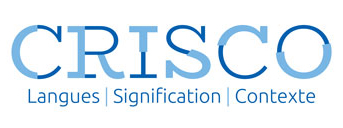
The Inter-Language Research Centre on Meaning in Context (CRISCO) is part of the French Linguistics Institute, a CNRS research federation (FR 2393). It specializes in analyzing the interface between syntax and semantics.
The laboratory focuses on two research areas:
Inter-language linguistics
Empirical analysis of linguistic constructions in relation to textual, discursive, and diachronic variations.
Applied linguistic research and the production of electronic resources
This axis is about developing, using, and enhancing electronic resources for linguistic analysis, linked to digital humanities and natural language processing (NLP), as well as language didactics.
Examples include: the metrical analysis portal, Anamètre; the speech synthesis software KALI (in French, English, and Wolof language); the Electronic Dictionary of Synonyms (DES) and a textometric analysis TXM portal.
CIRNEF
The Norman Interdisciplinary Research Centre in Education and Training

The CIRNEF is a recognized research unit focusing on education and training sciences. The CIRNEF team conducts research in education within and outside school settings, as well as in training and the health and social sectors, at regional, national, and international levels. Researchers at CIRNEF foster connections between research and the socio-economic world, producing studies for both the scientific community and the general public.
The EDNEF group (Social Spaces, Digital Systems, and Education and Training) within CIRNEF has a long history of research on digital technologies and networks in education and training. The team's work involves developing e-learning systems and analyzing those systems from various perspectives, including engineering, psychology, didactics, pedagogy, instrumentation, clinical, social, institutional, and international.
Research Platforms
A2MIMO : an embodied virtual agent for early detection of Schizophrenia
This virtual assistant will allow to understand a patient’s pathology without establishing a diagnosis., Instead, A2MIMO will serve as a first contact with the medical system, particularly for young patients. This project will take place in a hospital, where the patient will interact with the virtual assistant to express their feelings, while the psychiatrist will analyse both verbal and non-verbal exchanges. This project will provide significant support to the medical field in improving diagnosis.
TagThunder
TagThunder—funded by the Public Investment Bank (Bpifrance) as part of the Plan Investissement Avenir—aims to create “word thunders”, an auditory version of the word cloud concept. This innovative sound-based object is designed to provide visually impaired users with a rapid, comprehensive, and interactive perception of the informational structure of highly organised web pages. Specifically, TagThunder present the developed Web Service and the various modules that make up its processing chain: Web Page Analysis, Web Page Segmentation, Extraction of Textual Representations, Simultaneous Speech Synthesis, and Binaural Spatialisation.

